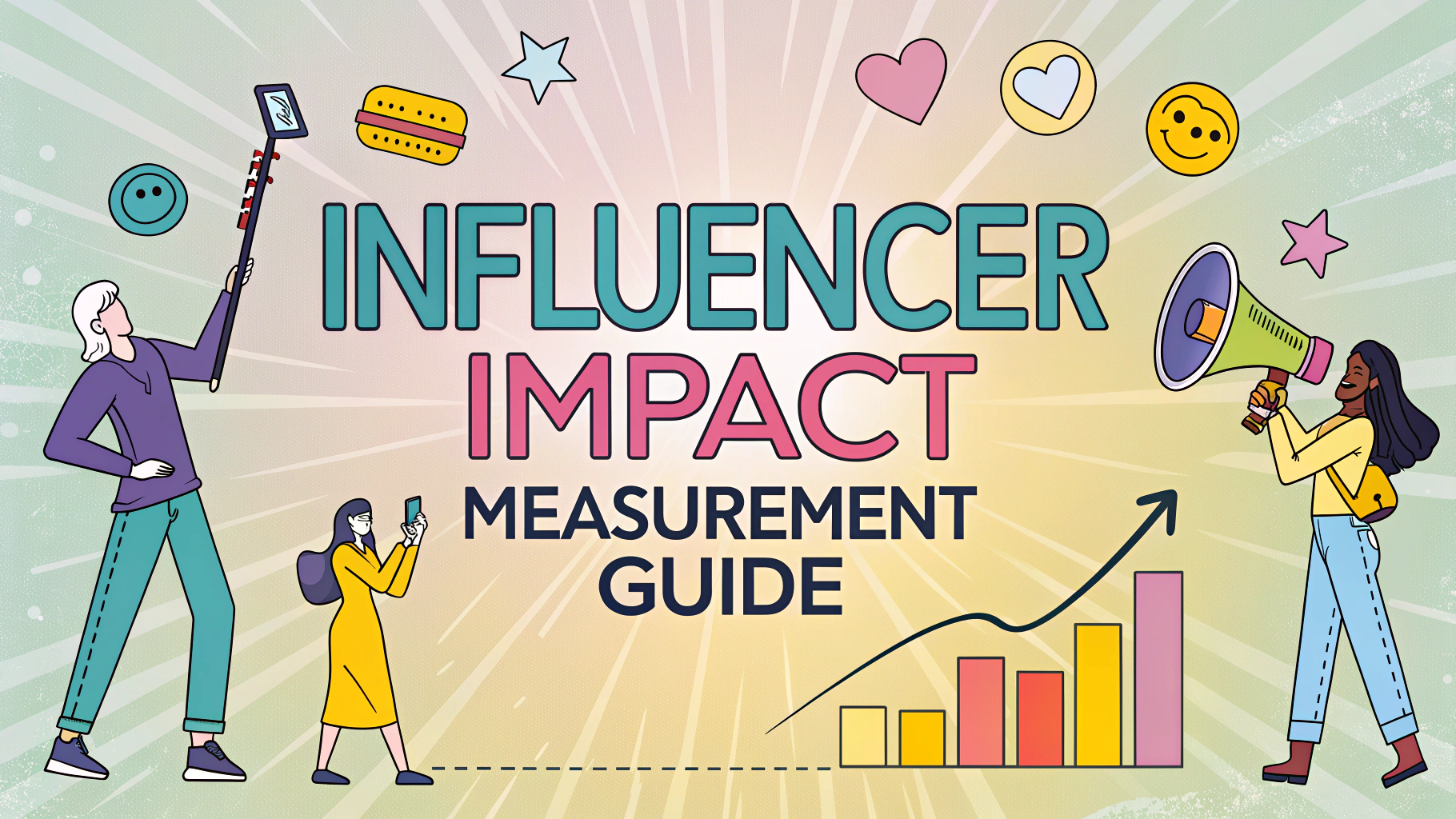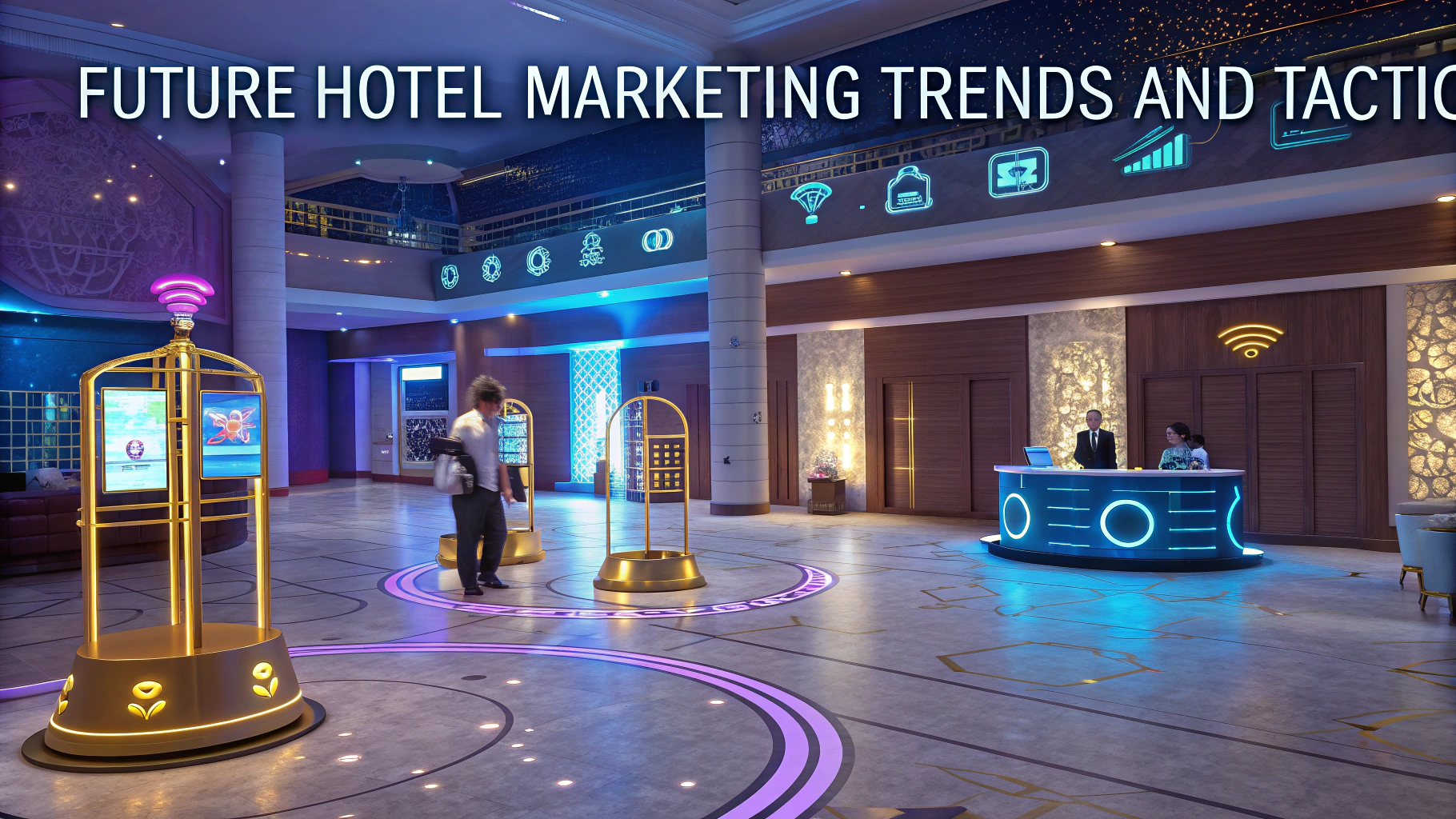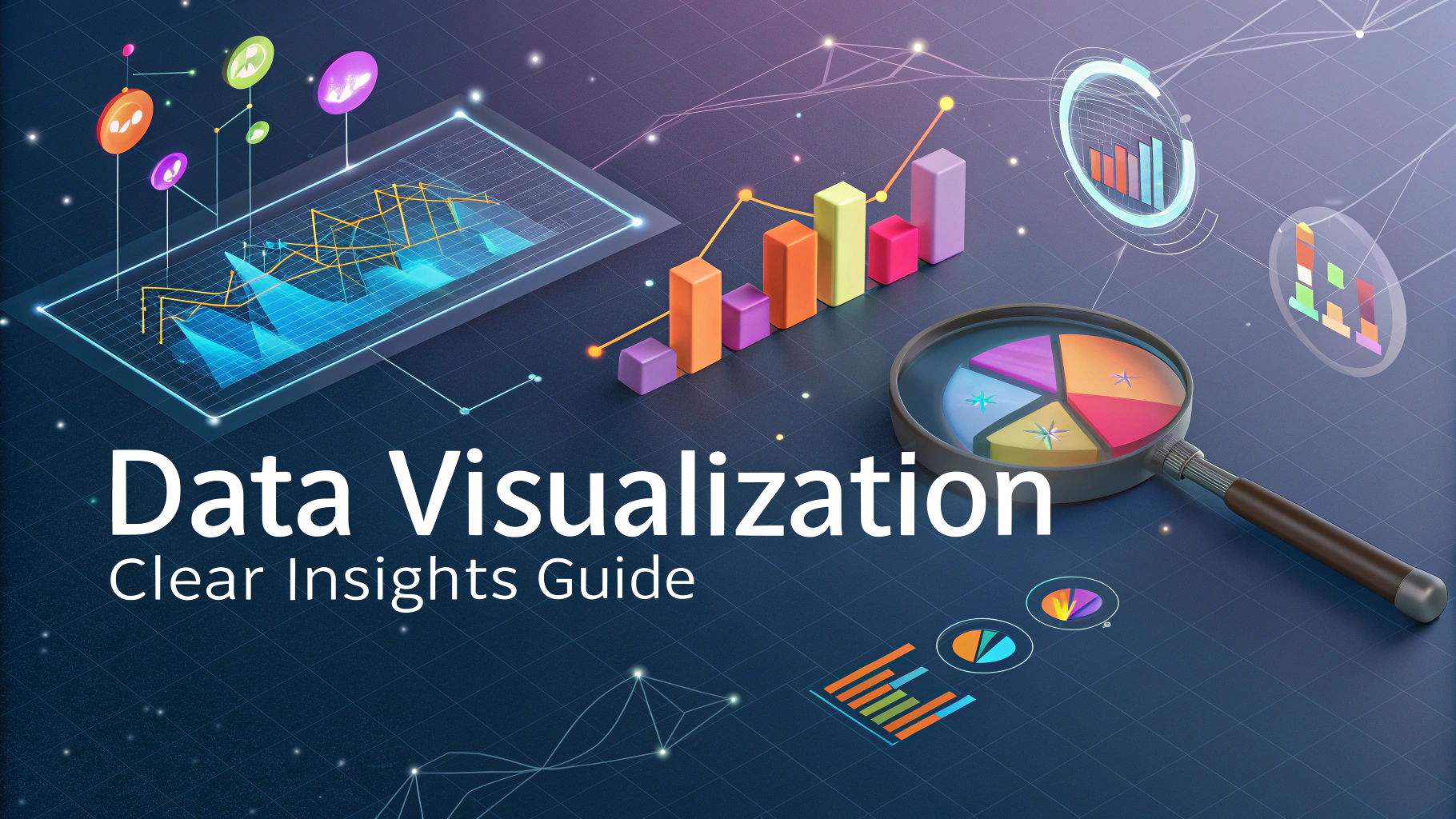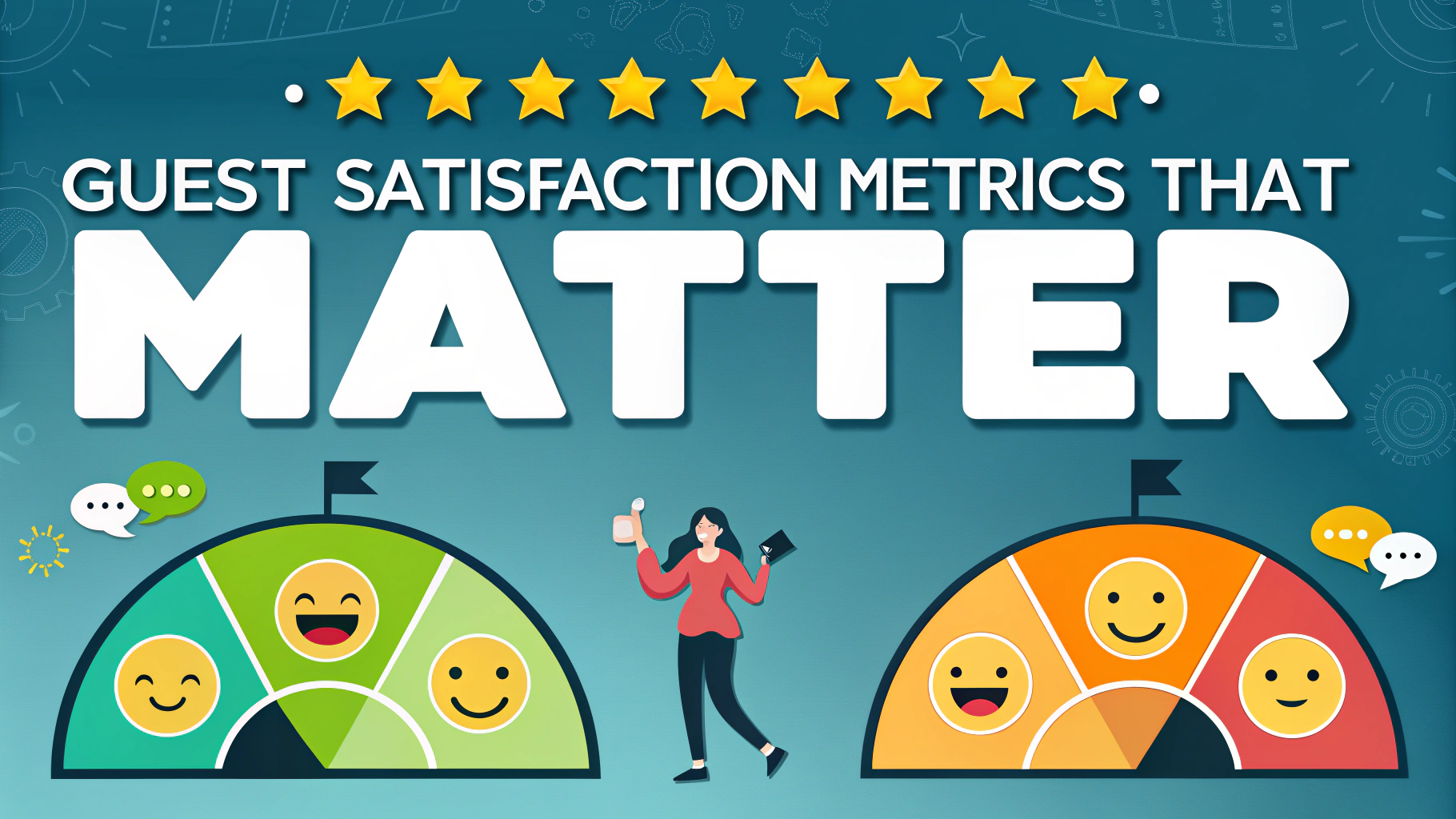Personalization has evolved far beyond simply addressing guests by their names in welcome emails and at check-in.
Hotels now have access to sophisticated data and tools that enable them to create truly memorable, customized experiences for their guests.
This guide explores practical ways hotels can implement meaningful personalization strategies that go beyond surface-level customization.
Understanding Guest Data Collection
Modern hotel management systems (PMS) can track guest preferences, from room temperature settings to preferred newspapers.
- Booking history and patterns
- Previous room preferences
- Dining choices and dietary restrictions
- Special requests from past stays
- Preferred communication channels
Pre-arrival Personalization
Smart hotels engage with guests before they step through the door.
- Customized welcome emails with local recommendations based on previous interests
- Mobile app notifications with personalized check-in instructions
- Room customization options (pillows, amenities, temperature)
- Pre-loaded streaming service preferences
During-stay Experience Enhancement
Real-time personalization makes each stay unique and memorable.
- IoT-enabled room controls adjusted to saved preferences
- Digital concierge services with personalized recommendations
- Custom dining menus based on dietary preferences
- Tailored activity suggestions based on past interests
Technology Integration for Personalization
Modern hotel tech stack enables seamless personalization.
- Mobile Apps: Guest messaging and service requests
- AI Chatbots: 24/7 personalized guest support
- Smart Room Controls: IoT devices for customized environments
- CRM Systems: Unified guest profiles and preference tracking
Staff Training for Personal Touch
Technology alone cannot deliver genuine personalization.
- Training staff to read and respond to guest cues
- Implementing standard protocols for preference documentation
- Creating systems for sharing guest information across departments
- Developing scripts for personalized interactions
Measuring Personalization Success
Track these key metrics to evaluate personalization efforts:
- Guest satisfaction scores
- Repeat booking rates
- Direct booking increases
- Social media mentions and reviews
- Revenue per available room (RevPAR)
Taking Action: Next Steps
Start implementing personalization strategies with these actionable steps:
- Audit current guest data collection methods
- Evaluate existing technology infrastructure
- Train staff on personalization protocols
- Implement a pilot program with select guest segments
- Measure results and adjust strategies accordingly
Building Long-term Guest Relationships
Effective personalization creates lasting connections with guests, leading to increased loyalty and word-of-mouth recommendations.
Contact hotel technology providers like Oracle Hospitality or Amadeus Hospitality for personalization solutions.
Privacy and Data Protection
Hotels must balance personalization with guest privacy concerns.
- Clear data collection and usage policies
- Secure storage of guest information
- Opt-out options for data collection
- Compliance with GDPR and local regulations
- Regular security audits and updates
Cost-Benefit Analysis
Implementing personalization requires careful investment planning.
- Initial technology infrastructure costs
- Staff training expenses
- Ongoing maintenance and updates
- Expected ROI timeframes
- Scalability considerations
Common Implementation Challenges
Understanding potential roadblocks helps hotels prepare better.
- Integration with legacy systems
- Staff resistance to new processes
- Data quality and consistency issues
- Budget constraints
- Guest adoption rates
Future of Hotel Personalization
Emerging trends shaping the next wave of personalization:
- Predictive analytics for guest preferences
- Voice-activated room controls
- Biometric authentication
- AR/VR enhanced experiences
- Sustainable personalization options
Elevating the Guest Experience Through Innovation
Successful personalization strategies require continuous evolution and adaptation to changing guest expectations. Hotels that invest in both technology and human elements of personalization will create lasting competitive advantages in the hospitality industry.
Remember that personalization is not a destination but a journey of continuous improvement and refinement based on guest feedback and emerging technologies.
FAQs
- What is hotel personalization and why is it important?
Hotel personalization involves tailoring guest experiences based on individual preferences, behaviors, and data. It’s crucial for increasing guest satisfaction, loyalty, and revenue as modern travelers expect customized experiences beyond basic name recognition. - What types of data should hotels collect for effective personalization?
Hotels should collect guest preferences, booking history, previous stay information, dining choices, amenity usage, special requests, birthday/anniversary dates, loyalty program data, and digital interaction patterns while complying with privacy regulations. - How can hotels implement personalization through technology?
Hotels can utilize Customer Relationship Management (CRM) systems, Property Management Systems (PMS), mobile apps, AI-powered platforms, smart room technology, and guest communication tools to deliver personalized experiences. - What are the most effective personalization touchpoints in a hotel?
Key touchpoints include pre-arrival communications, check-in experience, in-room preferences, dining experiences, concierge services, mobile app interactions, and post-stay follow-ups. - How can small hotels implement personalization with limited resources?
Small hotels can focus on manual data collection, staff training for personal interactions, simple guest preference forms, social media engagement, and basic email personalization tools. - What privacy considerations should hotels address in personalization?
Hotels must comply with GDPR and other privacy regulations, obtain proper consent for data collection, ensure secure data storage, provide transparency about data usage, and give guests control over their personal information. - How does personalization impact hotel revenue?
Personalization can increase direct bookings, encourage longer stays, boost ancillary spending, improve repeat business rates, and generate positive reviews, leading to higher revenue per available room (RevPAR). - What are common mistakes in hotel personalization efforts?
Common mistakes include over-automation, incorrect data usage, inconsistent implementation across touchpoints, ignoring guest privacy preferences, and failing to train staff properly on personalization protocols. - How can hotels measure the success of their personalization initiatives?
Success can be measured through guest satisfaction scores, repeat booking rates, direct booking increases, personalized offer conversion rates, loyalty program participation, and revenue growth from personalized services. - What role do staff members play in personalization efforts?
Staff are crucial in delivering personalized experiences by collecting guest information, maintaining detailed guest profiles, providing customized service, and ensuring consistent communication across departments.







